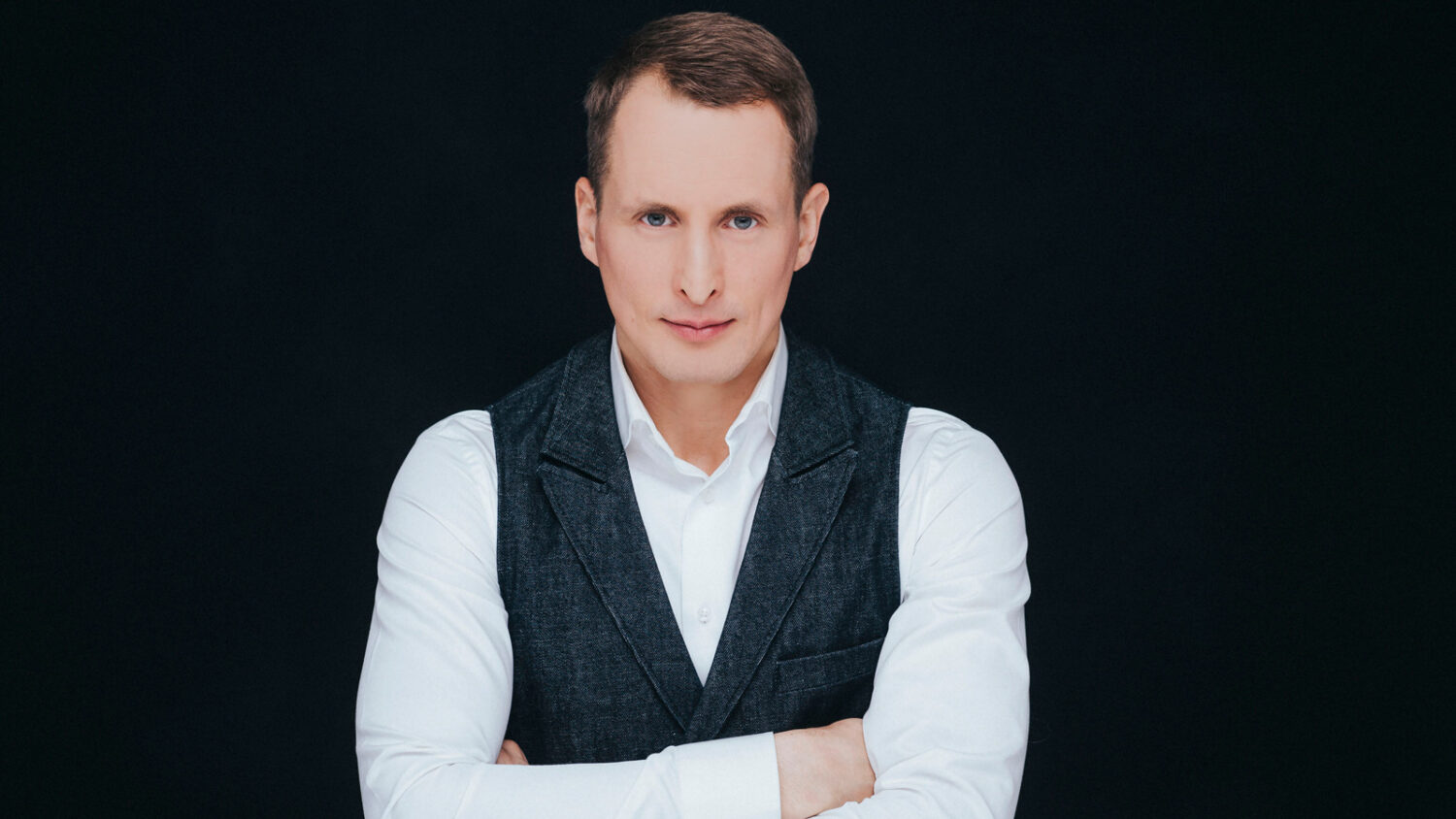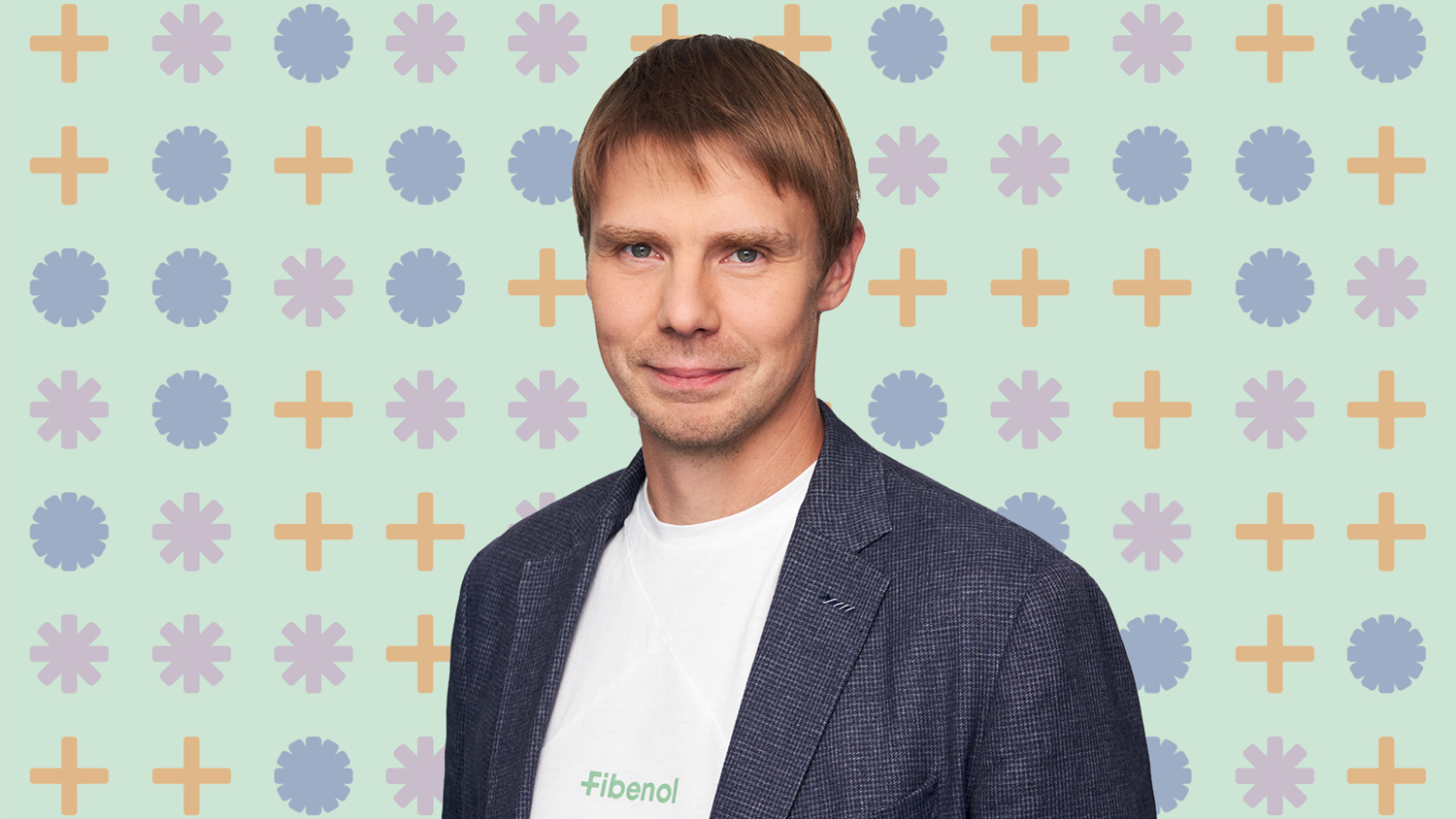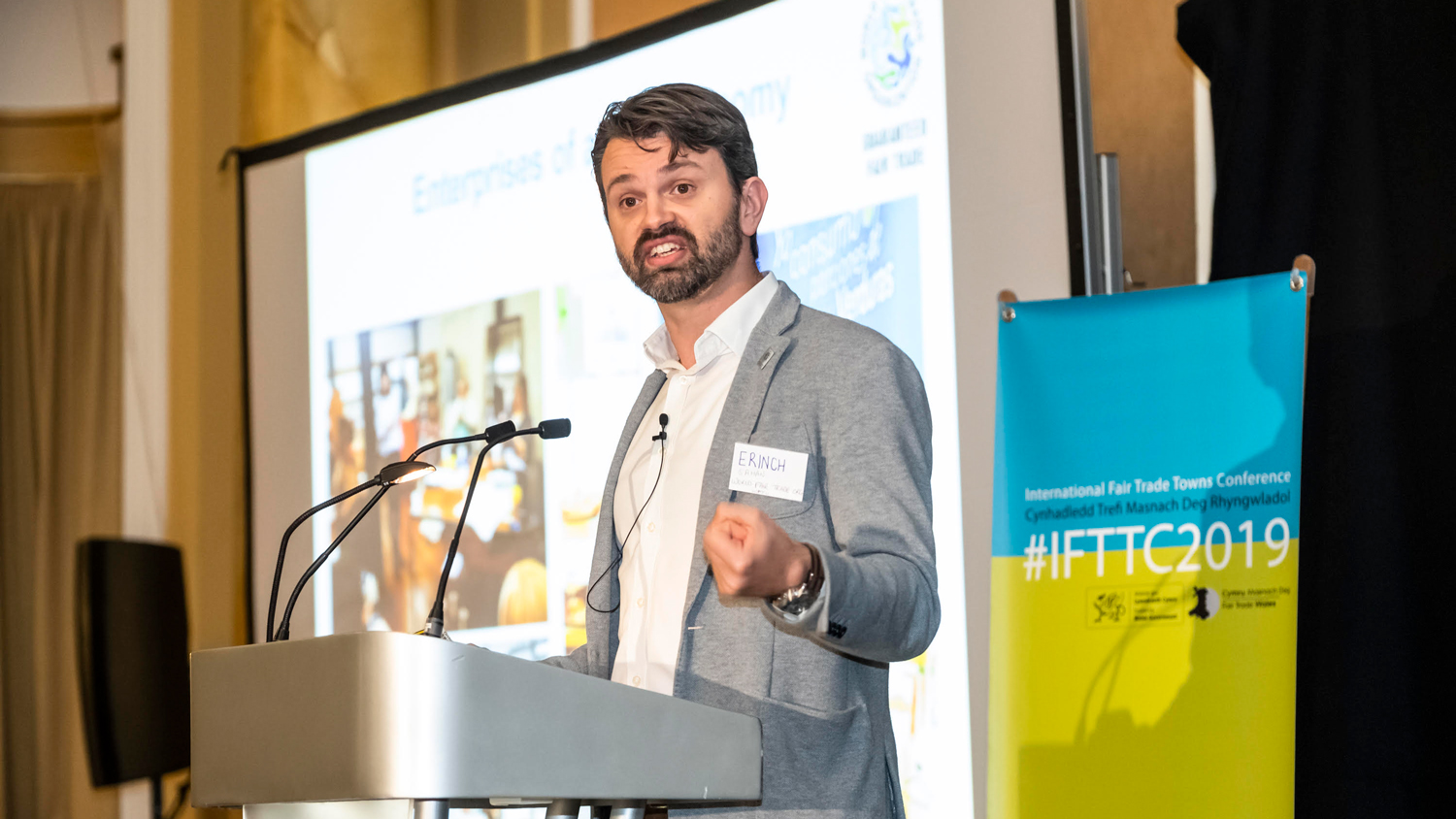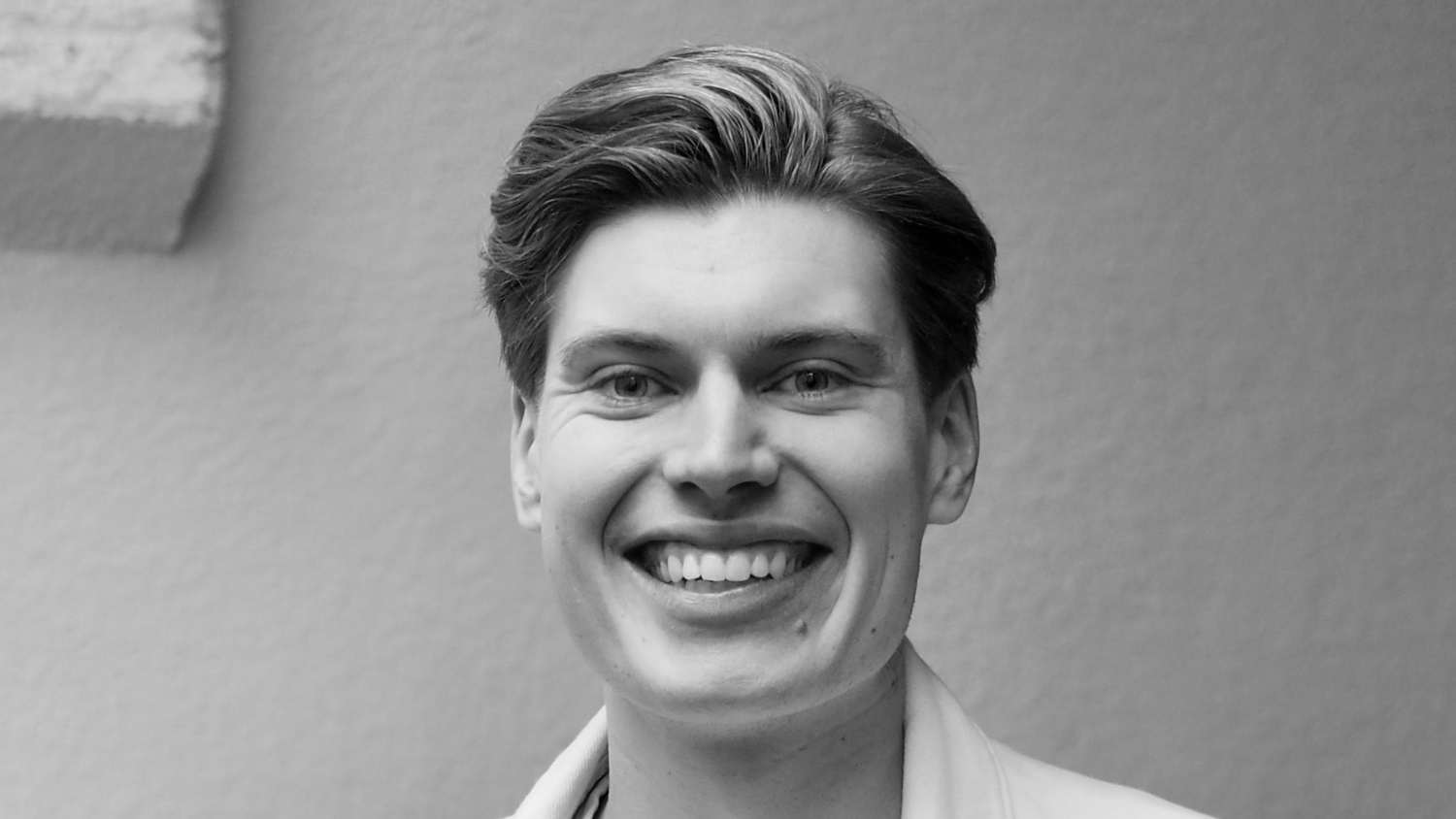Rain Tunger is a musician, entrepreneur, and motivational speaker whose restaurants have consistently been among TripAdvisor’s top spots for ten consecutive years. Additionally, Rain has inspired hundreds of companies, focusing on hospitality, leadership, and personal development. At Impact Day festival, he speaks about emotional safety. You can get a brief introduction to the topic from the article below.
“Emotional safety creates an environment where people feel valued, heard, and supported, which in turn enhances their satisfaction, motivation, and productivity. We all internally struggle for resources to be creative, active, and present in the moment; even awareness demands a lot of energy – meditation itself can be very tiring,” says Rain. According to him, an emotionally safe environment helps reduce stress and anxiety and promotes better teamwork, including innovation, as people dare to voice their ideas without fear of consequences.
Five Challenges of Emotional Safety
Psychologist Alar Tamming has said that misunderstandings and lack of understanding between people are the rule in interpersonal relationships. Truly understanding another person is more of an exception. “I always thought it was the opposite – that collectively, as humans, as partners, we understand each other and misunderstandings only occur at certain moments. In reality, I don’t know anything about another person: what they feel, experience, see, how they make connections, etc. I assumed that people all think similarly, which means there’s no need to constantly check how others perceive the world,” says Rain, highlighting five challenges related to emotional safety that occur in work teams as well as personal relationships.
The first challenge often faced is unclear communication. “It all starts with noticing what’s happening inside oneself, that’s mindfulness: what is actually happening inside me, what is important; whether what I’m doing is supportive, unifying, true, inclusive. Every leader is required to take a mindfulness and circling course, where they learn everything about emotions, and there are so many more than we initially think. Fortunately, women push masculine society towards constant development because their emotional intelligence is higher than men’s, and they are better aligned with their feelings.”
The next challenge is distrust between management and employees, primarily due to lack of example – there aren’t many companies in Estonia where emotional safety is fully achieved. “Studies show that the most successful teams are those where people can be most vulnerable – where emotional safety is highest. If management is not supportive or caring, it creates resistance, fear, and uncertainty, causing people to withdraw. Every person with their ideas and perspectives is like a flower – the more we can open up that flower, the more good ideas will come from it.”
The third challenge is the inability to resolve conflicts. “I was never taught how to resolve conflicts, I didn’t realize earlier that in close relationships or as a member of an organisation, you need to agree in advance on how to resolve conflicts as they arise, because the rule is that misunderstandings arise. However, unresolved conflicts create tensions and dissatisfaction, which accumulate and grow. My partner says that misunderstandings should be discussed as soon as something stays with you for 48 hours, otherwise it will only escalate further. The more unresolved issues arise between colleagues, the slower people’s ability to process becomes. The more conflicts are resolved, the clearer the air becomes and the more resources there are to deal with important issues,” says Rain.
The fourth challenge is unfair treatment. “Estonians are naturally quite conservative, sometimes even racist, so I imagine that making someone from a different culture, a different person, feel good requires a lot of attention. I know that some schools – such as Vanalinna Hariduskolleegium – consciously try to create and nurture emotional intelligence in children because creativity can only emerge when a person feels safe.”
The final challenge is the lack of support structures. “Companies have nowhere to turn for advice on how to resolve complex situations and create emotionally safe working environments related to mental health issues. There’s a tendency to wait for solutions from outside, but by setting boundaries and becoming more self-aware, one can actually start creating this from within.”
Connecting at the Heart Level Through Virtual Communication
We talk with about remote work and how to promote emotional safety in this new reality. “Virtual communication channels are a great innovation in themselves because they help people better integrate their personal lives with getting work done. Thanks to this comprehensive solution, we’ve come closer together. However, the downside is the emergence of bad habits: cameras are often turned off during meetings or people multitask. Speaking to a closed window is still quite uncomfortable. Through Zoom, I’ve achieved a state of connection with a therapist in Germany as if we were physically in the same room, thanks to eye contact. There is a depth dimension in virtual communication; we can connect at the heart level.”
Through regular surveys and meetings, one needs to monitor employees’ well-being – whether the team is in sync and how they’re really doing. “As leaders, we are aware of the company’s challenges, but we don’t always provide this feedback to employees. I have a good experience with team coaching, where people find solutions through questions, which then integrate naturally without the need to impose anything, give monologues, or overly discuss. Most importantly, everyone reaches the necessary understanding within themselves.”
To increase people’s awareness more broadly, employees should be offered various training opportunities, and as a manager, one should also participate in workshops and courses. “I would recommend mindfulness training immediately, and Erkki Kaikkonen talks about non-violent communication and listening with the heart because hearing and listening are two different things. How to listen so that the heart has ears, not just the mind, starting without hesitation to solve problems.”
Creating emotional safety also involves recognition and support. “I could talk about this feeling because it’s a key part of my training. Firstly, recognition is a prerequisite for good results, not just a consequence, as evidenced by positive psychology research. Secondly, it’s a basic need, as Dale Carnegie writes in his book ‘How to Win Friends and Influence People’. There is something beautiful in every person to notice, even in those who may rub you the wrong way. Recognition costs nothing but creates resources. We encourage children, but we often forget to acknowledge adults.”
People Are Alienated From Their Environment
Since Impact Day is dedicated to sustainability, I ask Rain for his controversial opinion on this topic. Rain responds: “I believe that fully relying on technology and innovation to achieve sustainability is risky because it may overlook the need to change our consumption habits, lifestyles, or modes of communication. Sustainability cannot rely solely on technological solutions; we also need profound changes in human behaviour and societal values. As individuals, we need to evolve for our emotional intelligence to grow.”
But what is Rain’s greatest dream? “Perhaps I am too naive or idealistic, but my dream is for people worldwide to live in peace and harmony, with mutual respect; everyone would have equal opportunities to thrive and be happy. I wish for our planet to be healthy and sustainable for future generations too. We need to set an example and develop ourselves, not just our children. We must cultivate habits that make us genuinely sensitive. Gabor Maté articulates well that we are alienated people – disconnected from our bodies, unaware of what is happening within us, alienated from the world due to issues like plastic and waste growing, and alienated from others and work.
If I could recommend just one thing, it would be this: it’s so easy to condemn, it happens in an instant, but understanding – that’s the challenge. How do we make space for understanding? We must discard all prejudices and take interest in why someone thinks or sees things a certain way. Condemnation often arises from not understanding the other person. Instead of criticism, let’s make suggestions for improvement.”










